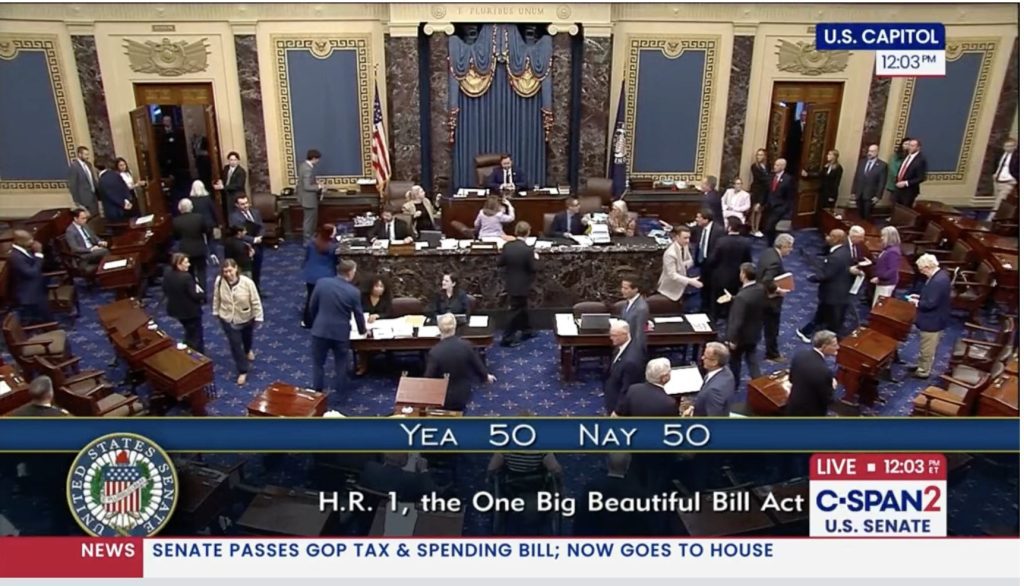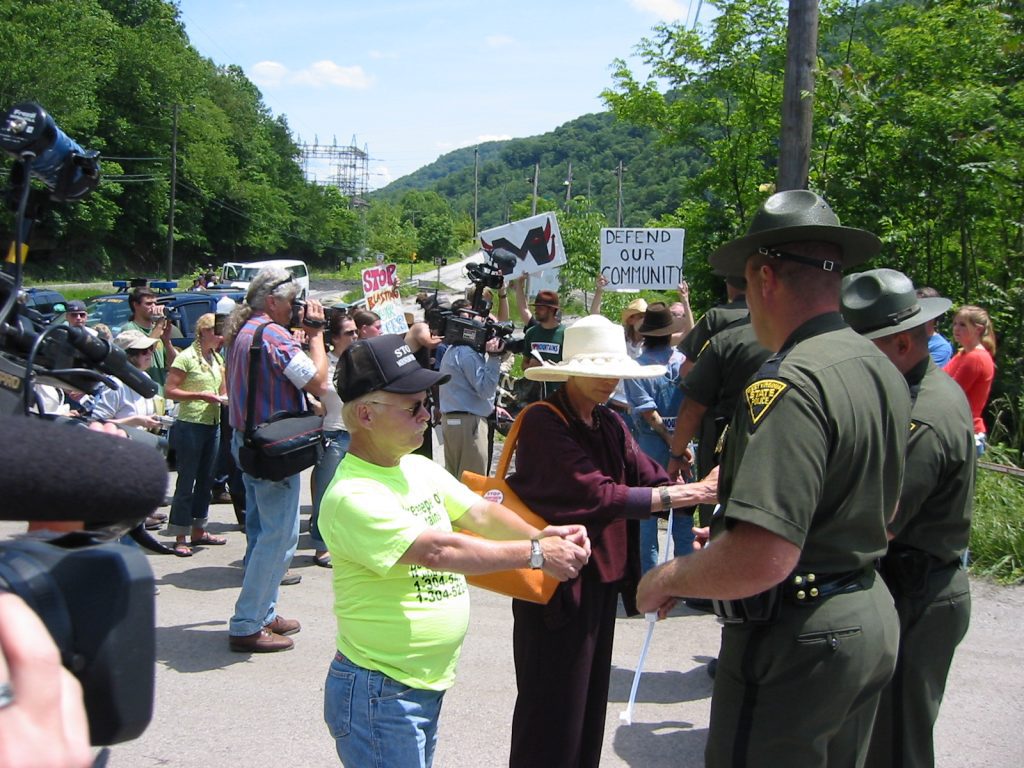Editorial and Viewpoint
A Politician A Day Keeps The EPA At Bay
What is it about politicians that calls them to be so obedient to the worst of the bad apples in big business? The mantra of the 112th Congress seems to be that we should use the pain of an economic recession to justify more unsustainable and dirty practices that harm the environment, public safety and human health.
Bills that threaten to undermine every shred of human protection won by generations of Americans are now crowding the floor of the U.S. House, threatening our air, water and well-being. A focus on good jobs and sustainable economic growth, however, seems to be entirely off the table.
Bills like H.R. 2018, which would remove federal oversight on water regulations and hand them to the states (despite a new GAO report showing how badly states fail at water quality oversight); H.R. 2273, which would prohibit the regulation of toxic coal ash as a hazardous material; and H.R. 2401, which would delay public health protections against deadly emissions from coal-fired power plants.
Surely, Congressional representatives must understand that their constituents, friends and families will be breathing the same toxic air and drinking the same poisoned water as the rest of us. But many politicians have become so overwhelmed with the allure of large campaign contributions and slick-tongued lobbyists that the “public good” becomes mere background noise in their ongoing quest to please the status quo rather than actually represent “the people” they are here to govern.
According to Greenpeace, House Majority leader Eric Cantor (R-VA) has received an astounding $655,547 since the 2000 election season from fossil fuel industry heavyweights like Dominion Electric. Presidential hopeful Michele Bachmann (R-MN) has taken $131,980 in campaign financing from fossil fuel companies since 2006.
Both Bachmann and Cantor’s home districts have power plants without the readily available mercury controls that would lessen the pollution spewed into the air—pollution that is poisoning their own communities, families and even, shockingly enough, themselves.
Appropriations Chairman Hal Rogers’ (R-KY) eastern Kentucky district is home to the most mountaintop removal in the nation—as well asthe lowest life expectancy, the worst physical health and some of the highest poverty rates of any district in the country.
It would seem that the conservative Congress is dead set on trading the “heavy-handed oversight” they claim to loathe for a corporate boss who tells them exactly what to do and how to vote. It’s like comparing apples to, well, apples. And in the case of politicians who would trade our clean air and clean water for anything—let alone a campaign contribution—well, those are some very bad apples indeed.
On Hunting
By T.R. Kirkpatrick
I sat in my stand where I had sat through many a Christmas day and watched the deer grazing the grass of the orchard by the apple trees, and I remembered the anniversary of my first hunt, when I had walked silently into the receding light of a cold winter’s dusk, through the bare and slate-gray woods of my predecessors, my father’s rifle with me for my rite of passage, when a boy becomes a provider, bringing me into communion with the wilderness, and entering me into a circle that I could not become a part of otherwise.
That day I had passed along the road through the maple grove between the orchard and hay field in silence, listening to the soft wind of winter pass among the bare canopy above me and the steady live beat of my own heart within.
I did not see the buck in the field through the brush and trees, but instead felt it as it looked up towards my direction from where it grazed. The buck turned to face me, stamping its hoof and grunting from its flared nostrils, but I remained patient and the buck bowed to graze then raised its head again, looking through the bare limbs and dead leaves.
The time passed slowly and as the shadows were growing longer I stood facing the deer in still silence, and slowly the buck went to graze along the top of the pasture, turning its side to me as it walked into the clearing. I dropped to my knee, shouldered the rifle, and took the deer into my sights.
I witnessed death by my own hand for the first time, kneeling beside it and running my hand over the wild animal, feeling its death as the body ceased to quiver. In a fleeting wisp, the soul was gone. The body released the spirit in a final sigh, no longer a deer, but only a corpse, and I was now a provider. I fell back beside my brother and mourned the blood between us.
From that time on I have fed my family on the deer that have come through those pastures, and with the deer I have shared the communion of their passing in a place where age is seldom the cause of death. So I love them more than the others in the woods, for I know them in sacred ceremony. I have been the caretaker of their fields and so they have cared for us in their sacrifice, and so on that Christmas morning, as all those past, I went into the woods without my rifle, and sat silently as they grazed before me.
Reid Kirkpatrick is a writer and carpenter currently living in Williamsburg, Va. Reid and his wife are currently planning a move to New Zealand for a year, where his wife will teach. While there, Reid hopes to work on a novel and find a position on a sustainable farm.
Related Articles
Latest News
More Stories

Leave a comment
Your email address will not be published. Required fields are marked *


![“[There are] still a lot of individuals who need support, especially here in Green Cove, Whitetop, Konnarock — those are the communities up on the mountain,” says Little. “We were a part of Damascus, but because we are on the mountain outside of Damascus, a lot of the resources and help have not made their way here.” Photo by Jimmy Davidson.](https://appvoices.org/wp-content/uploads/2025/07/Virginia_Creeper_Trail_JMDavidson-32-1024x768.jpg)

